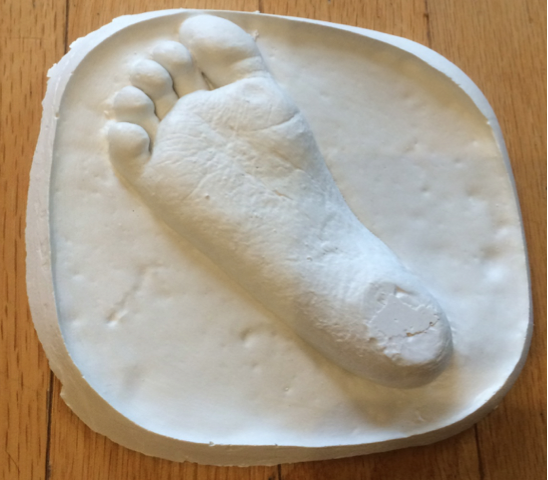Can a two-hour lecture by a pharmacist improve the quality of prescriptions in a pediatric hospital? A retrospective cohort study
DOI :
https://doi.org/10.36834/cmej.36786Mots-clés :
medication error, drug prescription, trainingRésumé
Background: A high rate of prescription errors exists in pediatric teaching hospitals, especially during initial training.
Objectives: To determine the effectiveness of a two-hour lecture by a pharmacist on rates of prescription errors and quality of prescriptions.
Methods: A two-hour lecture led by a pharmacist was provided to 11 junior pediatric residents (PGY-1) as part of a one-month immersion program. A control group included 15 residents without the intervention. We reviewed charts to analyze the first 50 prescriptions of each resident.
Results: Data were collected from 1300 prescriptions involving 451 patients, 550 in the intervention group and 750 in the control group. The rate of prescription errors in the intervention group was 9.6% compared to 11.3% in the control group (p=0.32), affecting 106 patients. Statistically significant differences between both groups were prescriptions with unwritten doses (p=0.01) and errors involving overdosing (p=0.04). We identified many errors as well as issues surrounding quality of prescriptions.
Conclusion: We found a 10.6% prescription error rate. This two-hour lecture seems insufficient to reduce prescription errors among junior pediatric residents. This study highlights the most frequent types of errors and prescription quality issues that should be targeted by future educational interventions.
Téléchargements
Publié
Numéro
Rubrique
Licence
La soumission d’un manuscrit original à la revue constitue une indication qu’il s’agit d’un travail original, qu’il n’a jamais été publié et qu’il n’est pas envisagé pour publication dans une autre revue. S’il est accepté, il sera publié en ligne et ne pourra l’être ailleurs sous la même forme, à des fins commerciales, dans quelque langue que ce soit, sans l’accord de l’éditeur.
La publication d’une recherche scientifique a pour but la diffusion de connaissances et, sous un régime sans but lucratif, ne profite financièrement ni à l’éditeur ni à l’auteur.
Les auteurs qui publient dans la Revue canadienne d’éducation médicale acceptent de publier leurs articles sous la licence Creative Commons Paternité - Pas d’utilisation commerciale, Pas de modification 4.0 Canada. Cette licence permet à quiconque de télécharger et de partager l’article à des fins non commerciales, à condition d’en attribuer le crédit aux auteurs. Pour plus de détails sur les droits que les auteurs accordent aux utilisateurs de leur travail, veuillez consulter le résumé de la licence et la licence complète.











